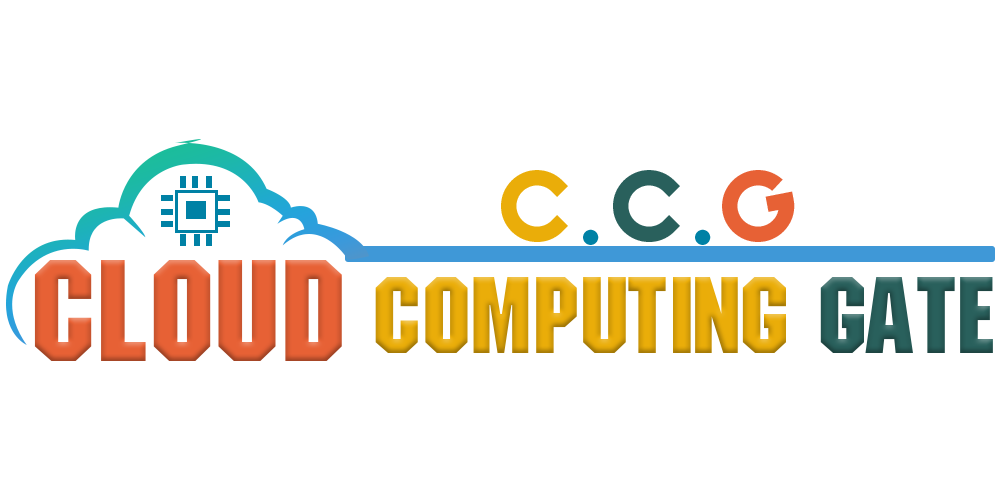Fog Vs. Edge Vs. Cloud Computing
We will try to convey a clear conception of this term. Simply put, we can say that the cloud, fog, and edge computing organization will continue to perform the heavy exciting when it comes to processor-intensive operations. We have the phrase “cloud,” “fog,” and “edge,” which refers to a network of many devices, computers, and servers that are connected via the Internet. Mostly we hear fog computing and edge computing and cloud computing are phrases that are frequently interchanged. Both have the view of bringing computation closer to the network edge to improve service. Even though they both aim to reduce invisibility and network blocking, they handle data in different ways. Fundamentally, suppose you’re in the transference industry and want to accumulate data at the network’s edge (from trucks, for example). In that case, fog computing gives you a quick and current way to do it. Fog computing enables you to produce actual-time data and perceptions at the network’s edge without transporting data back to the network’s core. Now we will see them in a comparative view.
Fog Computing
But how representative are you getting to get through all of that??? I think that’s what’s most valuable. Fog computing is beneficial for internet connection and enables data processing on local networks, mainly when handling data at once. Furthermore, it entails moving calculations to the network’s edge. It also refers to the optimal way for this process to work. Fog computing technology also enables users to provide more tailored service areas and resolutions to their clients and position data and data procedures to be distributed efficiently, all while leveraging current computer competencies and structure. In simple terms, we can say that Fog computing refers to considerably closer users than cloud servers.
Hows is it works:
And also, fog computing works through the Internet because it associates with the Internet but is accomplished by placing fog nodes throughout your network. Fog nodes can be anything from controllers to switches to routers to video cameras. These fog nodes can then be placed in specific locations, such as your office or a vehicle. When an IoT device creates data, it can be evaluated by one of these nodes instead of being routed to the cloud. Fog computing will play an even more significant role in the creation of ‘smart cities,’ where traffic managing structures, public transportation, healthcare, and community service area, for example, can be integrated to improve efficiency. Fog computing is accountable for enabling fast reaction times, lowering network latency and traffic, and supporting bandwidth savings to enhance the Quality of Service (QoS). It’s also imaginary to send relevant data to the cloud on a case-by-case basis.
Edge Computing
Commonly, Edge computing, to put it merely, is actual data analysis on a device. About edge computing is storing analyzing processing through internet devices, and also it’s collect and generate data through internet devices. As an alternative to depending on the cloud or one of a dozen data centers to conduct all the work, edge computing is computation done at or near the data source. The cloud isn’t going anywhere. It indicates that the cloud will approach you. With that in mind, let’s move past word definitions and look at what people mean when they praise edge computing. Edge computing (EC) is a new and modern technological invention that allows the Internet of Things (IoT) to procedure significant volumes of data produced by associated internet devices. And edge computing is a technique that enables data analysis to take place with primary data sources at the network edge. The goals of edge computing are to process and analyze the very close to internet devices.
Fog Vs. Edge Vs. Cloud Computing
Cloud Computing
To put it merely, cloud computing is the storage or access and analysis of data or uses via the Internet rather than a hard drive. Cloud computing is a type of computing that is access data through an internet device, and most usually, the Internet connection., on the other hand, private cloud services can be access from any situation within the company. Cell phones, laptops, tablets, workshop desktops, and other devices are used to deliver the services. Using a device and an internet connection, the user can access current data on a cloud platform or upload new data to cloud computing. In general terms, cloud computing described many computing services areas and gave many chances for small and large businesses that need IT organizations to task successfully. Investigating accessible client/server networks is another straightforward way to grasp cloud computing. Users of the network have been relating to network servers for all of their needs. All service areas are connected to the Internet cloud besides network servers in cloud computing.
Fog Vs. Edge Vs. Cloud Computing
How cloud computing works
It’s easier to comprehend how a cloud system works?? If your disruption it down into two fragments: the obverse end and the spinal end. They’re linked by a network, most commonly the Internet. The obverse end refers to the user’s or customer’s side of the computer. The system’s back end is called “the cloud.” A single server controls the cloud. Its goal is to keep traffic and customer needs under control so that the whole thing goes quickly. It follows a set of procedures and employs middleware, which is a type of software. Computers on a network can be interconnected with each individual other thanks to middleware. The cloud is a decentralized location where data can be shared via satellite broadcasting networks connection. Each cloud presentation desires a multitude. The introducing firm manages the vast data centers that are available the safety, storage capability, and processing control desired to keep all data users’ transmission to the cloud safe and protected.
Fog Vs. Edge Vs. Cloud Computing




Comments
0 comments